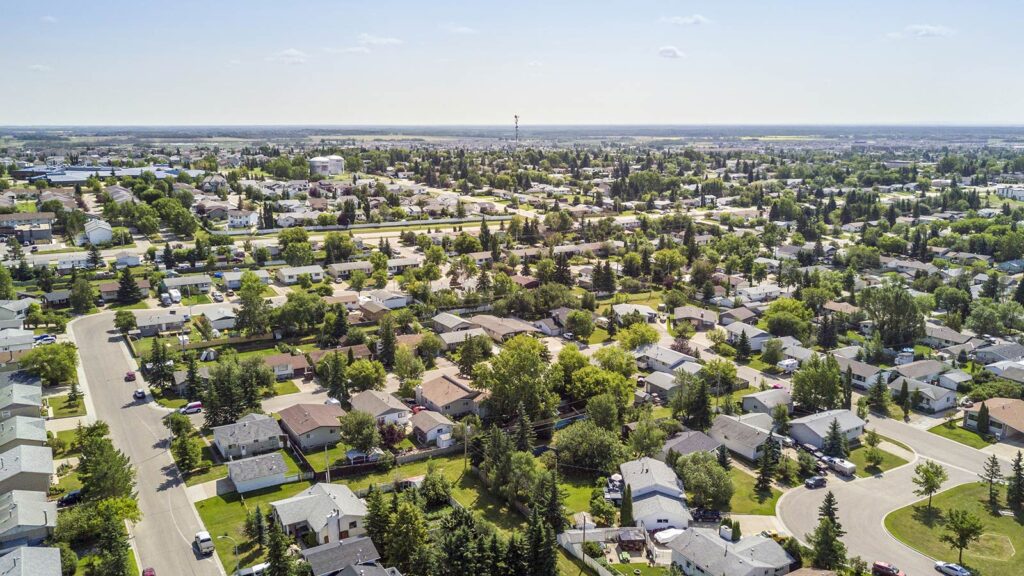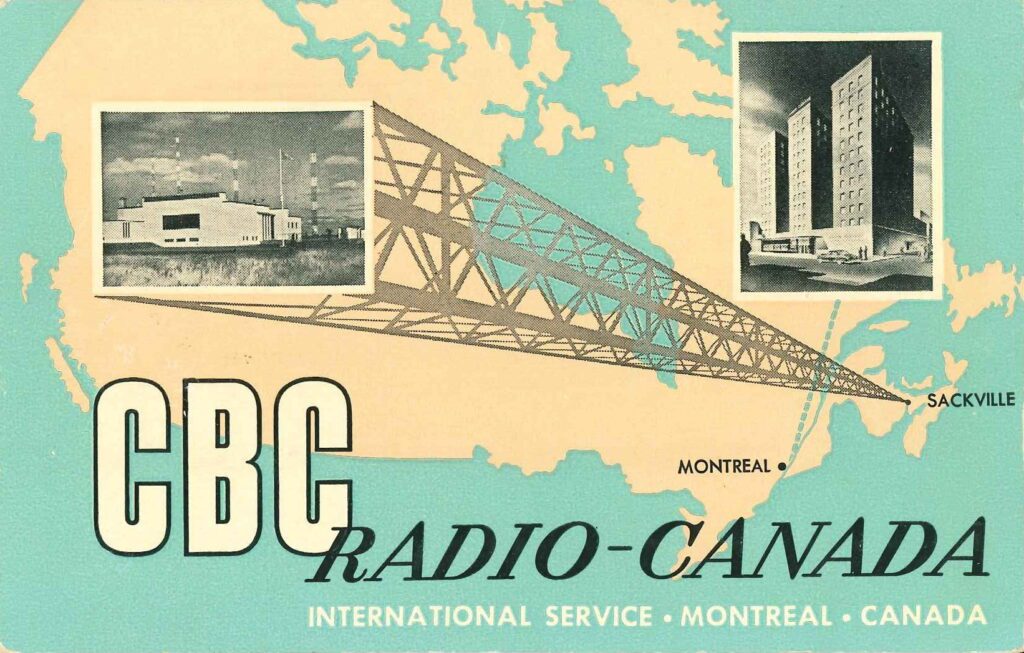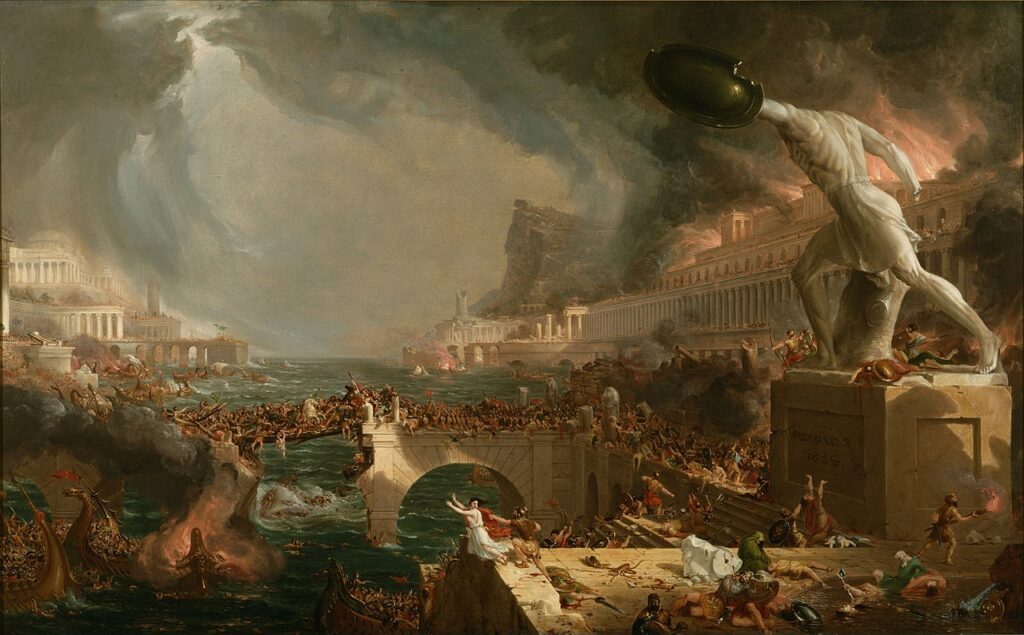John Stuart Mill (1806-1873) wrote that social stigma can be stronger than legislative prohibition in suppressing controversial speech. He argued that silencing opinion prevents debate, obstructing society’s search for truth by turning officially sanctioned views into little more than indefensible prejudices.
The social stigma around mass immigration is clearly shown by the unwillingness of Canadians to publicly express their skepticism, which they privately express to pollsters. A November 2022 Leger poll found that 49% of Canadians felt that the Trudeau government’s projected 500,000/year level is too high, while only 36% thought it was the right amount or not enough.
Notably, 16% chose “I don’t know/I prefer not to answer” – a startlingly high percentage. We can reasonably conclude that many in this group felt afraid of being labeled xenophobic, given the current politically correct climate. Opposition to mass immigration was not limited to those on the Right: majorities among voters in the Conservative Party (66%), Green Party (52%), Bloc Quebecois (71%), People’s Party (81%) and the unaffiliated (79%) thought current levels were too high. Even among the Liberals and NDP, we find sizable minorities (30% and 36% respectively) who oppose current levels.
Thus, we find that the private views held by Canadians on immigration levels are suppressed in public due to their fear of social stigma. The natural result of the population’s self-censoring on this issue is that politicians are free to chart a course wildly at variance from public opinion.
Trudeau is influenced by lobbyists like the Century Initiative, which seeks to increase Canada’s population to 100 million by the end of the century. Poilievre, who presents himself as a fearless populist, nevertheless supports current immigration levels despite the opposition of his voter base. Jagmeet Singh of the NDP advocates for even higher levels – the leader of the party of the working class is apparently untroubled by a flood of foreign labour undercutting local wages. The only objectors are Bernier’s People’s Party and the Bloc Québecois.
Let’s focus on just one effect of cordoning off immigration from debate. Recently, prominent Canadian economist David Rosenberg stated the bleeding obvious: as with all goods and services, houses are subject to the law of supply and demand. Rosenberg explained that immigration is fueling the rising home prices which are crowding young people out of the market.
Politicians tell us that instead of restricting immigration, we need to ramp up construction. Poilievre has pledged to bully cities into densifying, recently praising Hong Kong’s decision to sell the air rights above transit stations for apartments. While Ford is attempting to pave over portions of the greenbelt, B.C has cut to the chase and abolished single-family zoning altogether.
Canadians are faced with a choice if we want to protect our open spaces, greenbelts, farmland, and the dream of the young to own a family home. If we break the taboo around immigration now, we will suffer social stigma. But, if we stay silent, we risk resembling a North American version of Hong Kong.
Editor’s note: This article was originally published in the Islands Marketplace magazine, in my bi-monthly column, Counter Current.
All content on this website is copyrighted, and cannot be republished or reproduced without permission.
Share this article!




The truth does not fear investigation.
You can help support Dominion Review!
Dominion Review is entirely funded by readers. I am proud to publish hard-hitting columns and in-depth journalism with no paywall, no government grants, and no deference to political correctness and prevailing orthodoxies. If you appreciate this publication and want to help it grow and provide novel and dissenting perspectives to more Canadians, consider subscribing on Patreon for $5/month.
- Riley Donovan, editor